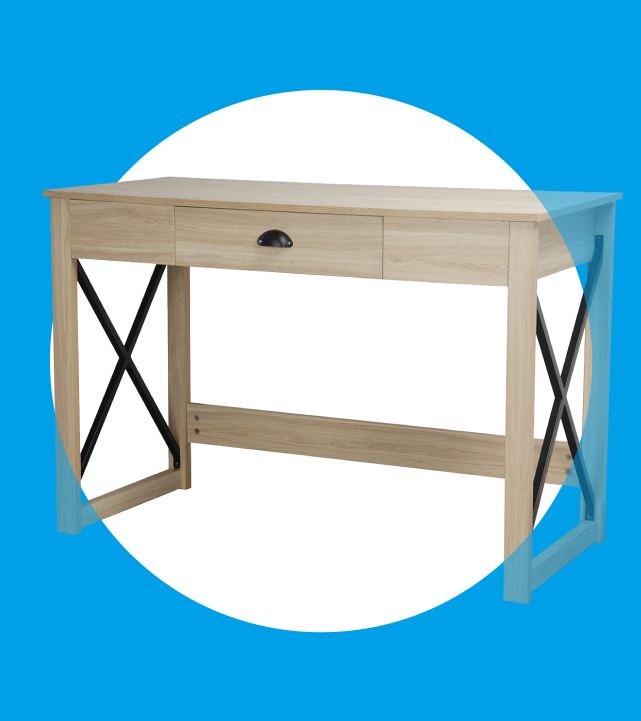GROWING PAINS
Why customer surveys make sense for small business
Have you ever noticed how often large businesses ask you for feedback? Online forms, customer surveys, requests for reviews, snap polls on social media, direct questions from employees – these organisations clearly invest a lot of time and money in the process.
They make such an effort because customer feedback is not just valuable information, it’s potentially crucial to their survival. It could be just as important to your business.
For one thing, it may reveal that some of your customers are unhappy, as well as the specific issue causing problems, so you have an opportunity to do something about it before they go to a competitor. Or if a customer leaves, it may enable you to find out why, so you can make improvements – and perhaps win them back one day.
Customer feedback has major benefits
Asking customers what they think can also:
- Show that you care about them and value their views
- Uncover blind spots: positive and negative things about your business that you had no idea about
- Help with business strategy and product or service development
- Allow you to keep tabs on competitors – by seeing what they are offering your customers, for example
- Open lines of communication outside of the normal business transaction
- Demonstrate that you are open to feedback and ongoing improvement
So if you’re not seeking feedback already, I would urge you to start.
Online surveys make sense for small businesses
We have found that one of the best ways to get customer feedback is online surveys. Done right, they are an efficient and effective way to get feedback from many customers at once.
The tools and technology available today make it possible to run surveys, even if you’re in business on your own.
A major reason for using this method over others is that respondents can be anonymous. If you are asking something potentially sensitive, customers may feel they can be more open and honest when their responses aren’t linked directly to them. You might not be able to get that level of frankness from a face-to-face interaction or phone conversation.
Online surveys also allow people to think about their answers, rather than putting them on the spot. They can complete them at their convenience – and with a few clicks of their mouse if the survey asks simple multi-choice questions.
But won’t it take a lot of time and money?
The good news is that there are free surveying tools available today, such as SurveyMonkey, Typeform and Google Forms. These allow you to build, run and analyse a perfectly adequate survey.
Plus there are free templates available, which help you save time on building the survey. And the general rule regarding survey length is the shorter it is, the better the response rate.
Also, once you have your survey set up, it can be repeated, as is, each time. This will give you a consistent view of how things are tracking over time. Of course, if you want new or different insights then you can change, add or delete questions.
Don’t get me wrong: I’m not saying other methods, such as a simple phone call to a few customers, are without merit. Using a range of techniques to get feedback is ideal, and surveys may not be right for every business.
But surveys are a powerful tool and one you should think seriously about using, and using regularly (at least once a year) – the insights you gain can be invaluable.
How we use customer surveys
At Warehouse Stationery, we use customer surveys for a range of purposes, including measuring customer satisfaction, product development and market research.
For example, if you are a BizRewards account holder, then you may have taken part in an online survey we ran recently, which included questions on what business topics you would like more information on, and what pain points you were experiencing in your working life.
This was to help us focus on topics for The Meeting Room blogs that were relevant, interesting and valuable to as many people as possible. Blogs on the fascinating findings of that survey are coming soon.
Obviously, to run an online survey you will need a customer database, the building of which will be the topic of a future blog. Until then, start thinking about what you’d like to ask your customers.



